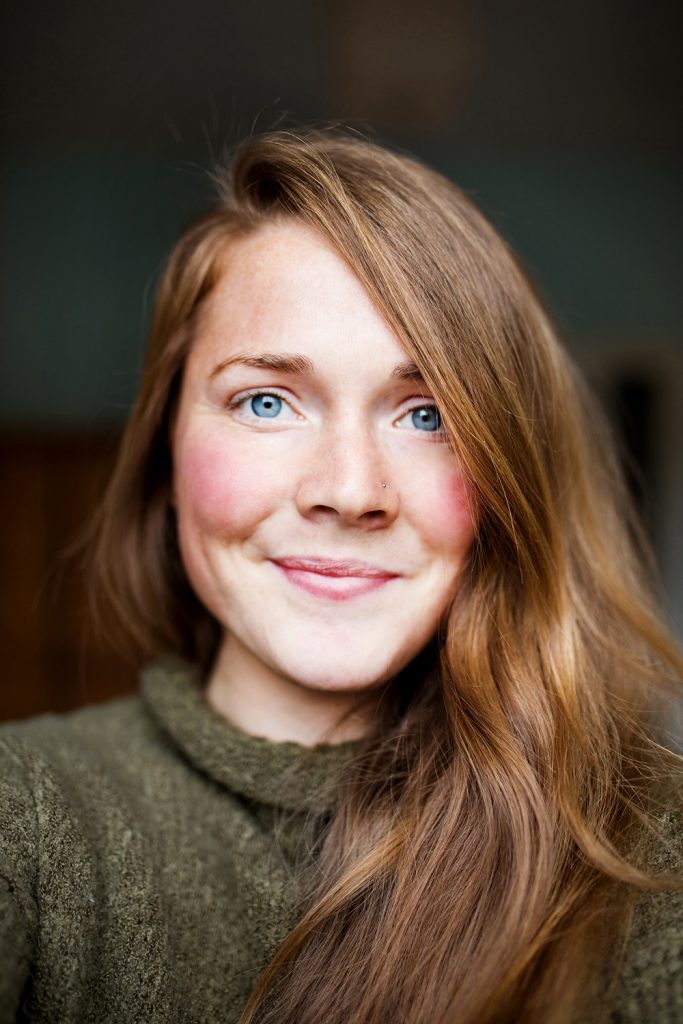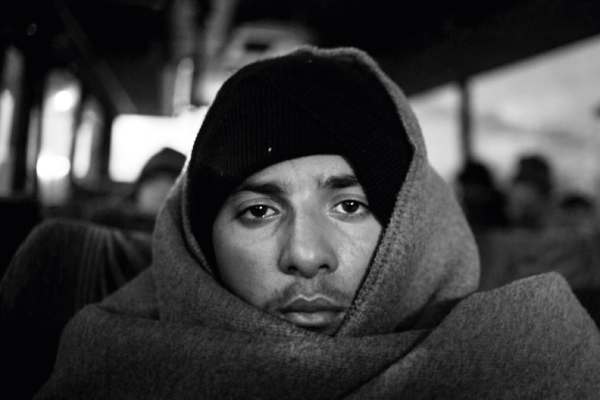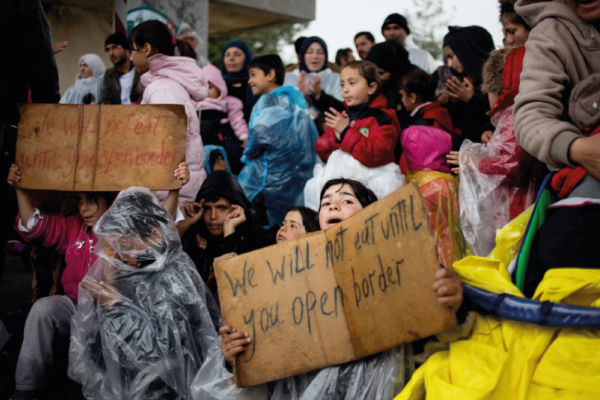News Story: Spotlight – Emily Macinnes (Peru 2007/08)
1) Could you tell us a bit about your Project Trust experience? Where and when did you go overseas, and how do you think that experience has shaped your life since

“I went overseas in 2007 to Peru where my partner and I taught a timetable of arts, English, dance and geography in a children’s home that housed 80 kids between the ages of 0-18.
The experience was, without doubt, one that challenged all my senses and ultimately showed me my own perseverance and ability to not just survive but to thrive in situations completely out of my comfort zone. Arriving with only two words of Spanish (‘Hola’ and ‘Gracias’) the first challenge was not being able to communicate even my most basic thoughts and feelings and the frustration of feeling that someone had cut my tongue off. It was the deep need and want to communicate with everyone I was surrounded by, that threw me into studying Spanish every evening and ignoring any inhibitions I had about embarrassing myself – stumbling my way through a patchwork of hand actions, guessed Spanish words and awkwardly-long attempts to find translations in the dictionary permanently glued to my hand.
Before then I had rarely picked up a camera but a last-minute gift from my mum, thrust into my hand before I left, ended up being my creative outlet whilst I struggled with feelings of homesickness and uncertainty. Before I left for Peru I had thought I wanted to study Fine Art but it was during my time away when I began photographing both in the children’s home and whilst travelling through Chile, Ecuador and Bolivia that something really clicked for me. I realised I had found something that combined my interest in people, politics and sociology with my creative side.
Most of all, I think my year away solidified for me how much I enjoyed and valued the experience of throwing myself into situations unknown and unfamiliar and persevering long enough until those same situations became familiar. It’s this process in which I think we can learn so much about the world but also about ourselves.
The majority of my learning as a photojournalist has come from saying ‘yes’ to opportunities and jobs where I didn’t feel totally comfortable or qualified for but ultimately had an underlying trust that I knew I was capable of completing.
Looking back, I can say for sure, that it was my year away, that was the catalyst for the career I went into as a photojournalist – giving me the confidence and knowledge that I could navigate new and unfamiliar situations.”
2) And what are you up to now? Can you tell us more about your current role?

“For the last 12 years I have been working as a freelance photojournalist, videographer and editor. In the first few years during university I primarily worked with NGOs: travelling to Ghana to work with sight restoring surgeries; to Palestine to teach photography in a refugee camp in the West Bank and to Armenia to work with Oxfam. Later I went to Colombia to work with MSF as well as work on some self-initiated projects with the aim of showing a positive side to a country often synonymous with drug-cartels and narcotrafficking. In the last few years I’ve worked with European Union delegations in Mozambique, Malawi and Pakistan shooting video, stills and editing short documentaries.
These days my day-to-day work is a combination of editorial work for organisations like the New York Times and Bloomberg as well as working on a long-term research project, in collaboration with academics and Social Workers, with young people who arrived in Scotland, Finland and Norway as unaccompanied minors and who now have settled status, working towards an exhibition in 2023.”
3) What advice do you have for our younger members of the Project Trust Community who are looking to build their skill set and careers?
“I’d definitely say if you’ve been lucky enough to have discovered something that excites you and you feel passionate about, run with it! Even if the road feels uncertain, I feel strongly that deep passion will carry you through all the bumps and hurdles that are inevitable when you’re first starting out on a journey. And if you don’t yet know what excites you, keep trying new things! I think there is a bit of a myth that what you study in university is your career for life and in fact, it’s far more exciting to leave yourself open to trying as many things as possible – treating these years as a time of discovery. Of course, sometimes you have to take mundane bread-and-butter jobs to pay the rent and I have definitely done my time as a waitress where I was at times I was scrabbling around in jacket pockets for bus money but when you know it’s a means to an end and you’re following something larger it’s all worth it!”
4) Monday 20th June is World Refugee Day. How important is this international day and what positive impact can it have on society?

“For me this is a day of great significance. The term ‘refugee’ is often synonymous with feelings of ‘other’ and ‘foreigner’ and can make it too easy to forget the human behind the label.
Having spent a lot of time in refugee camps over years – in Serbia, Bulgaria and Greece as well as in Palestine – I have time-and-time-again discovered that despite the diversity of human experience there is a universality in our need for safety, security and opportunity. I have been so grateful for the shared meals, laughter and many card games I have exchanged with people fleeing all kinds of atrocities.
To mark this day ever year is incredibly important. Most of us have never had to have the terrifying experience of fleeing our homeland and I feel strongly that the least we can do today is to extend a thought to those who have. And of course, if you have the means, to support a charity or organisation who is supporting people who have been made refugees.”
Go Back